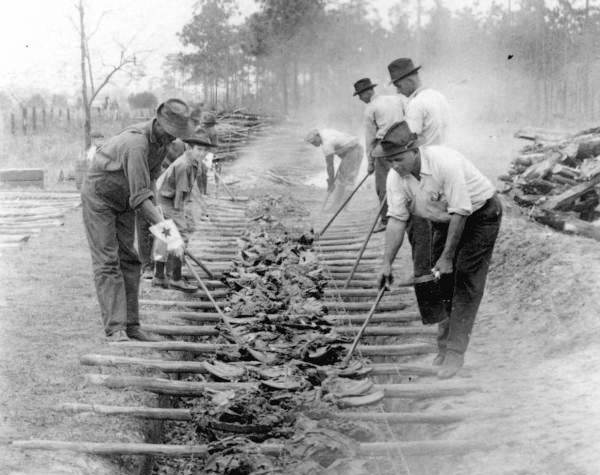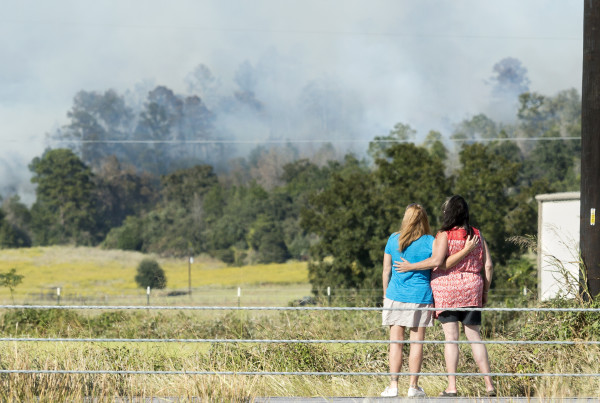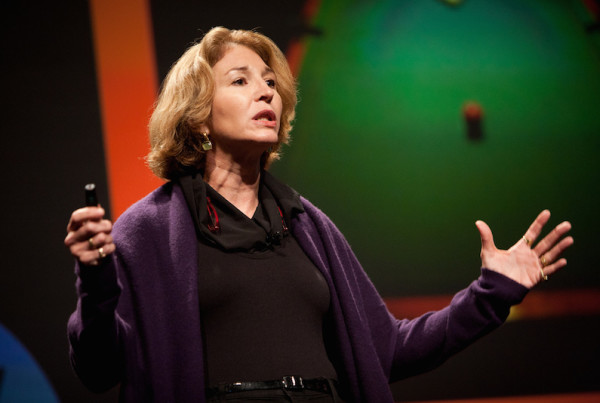Texas barbecue, like Texas itself, has many origins. There’s the Mexican influence, which you can taste when you bite into a juicy barbacoa taco, and then there’s the influence of Germans and Czechs who brought the idea of meat shops and cooking meat over hot coals to the Lone Star State.
What really helped shape our idea of barbecue in isn’t nearly as well documented or celebrated: the influence of slave populations and their style of cooking.
Where there’s smoke, there’s Daniel Vaughn. The Texas Monthly barbecue editor stepped in to the studio to tell us more.
How did African-Americans of early Texas helped to shape the state’s barbecue?
“If you look at the history of cooking barbecue in the South, it’s really about the slave population doing most of the labor, of course, but also bringing their own ideas about how to cook this meat. These were traditions they helped build, they weren’t just traditions told to them.
“As the slave population moved west into East Texas – at the time of the Civil War had a really large slave population – they brought those traditions right along with them. You were just as likely to find the same sort of recipes in South Carolina as you would in East Texas.”
Slaves made up a large percentage of the Texas population by 1860. During this time they brought with them the idea of cooking over an open fire and dousing meats with a sauce, that sounds an awful lot like the barbecue sauce we know today.
“It really wasn’t like the barbecue sauce we have today. It’s really closer to what you would find in some of the really old-school places that still cook over coals.
“In order to keep the meat moist under the intense heat of that direct heat right under it, you use a vinegar mop to help moisten it, to help cool the meat down a little bit while it’s cooking. They would dig big trenches, put saplings or even metal across the fire they had built in that trench. and put whole animals on there and douse it with the vinegar mop all along the way.”
Hear the full interview in the audio player above.















